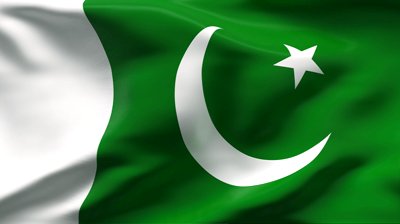In December 2014, Pakistan faced a shocking terrorist attack that took 126 lives including the lives of over 100 children. In response to this Pakistan formulated a National Action Plan (NAP) to counter terrorism. This plan has serious implications on the human rights situation in the country. From the lifting of moratorium on capital punishment to drafting of laws that are regressive and draconian, the NAP is pushing Pakistan to new depths in the human rights scale. In this context the right to freedom of expression and freedom of religious expression are particularly under siege in an emerging environment of fear and insecurity. Pakistan ratified the International Covenant for Civil and Political rights, ICCPR in 2010, with reservations on various articles including Article 196. The implications of this reservation have never been more obvious.
In the last two years Pakistani media and digital spaces have seen an increase in restrictions imposed by both state and non-state actors. Some of these restrictions are directly imposed and some are an indirect result of prevailing impunity for state and non-state actors who threaten and attack journalists and bloggers for political or ideological expression. The following is an overview of our concerns and recommendations regarding the situation of freedom of expression in the country.




